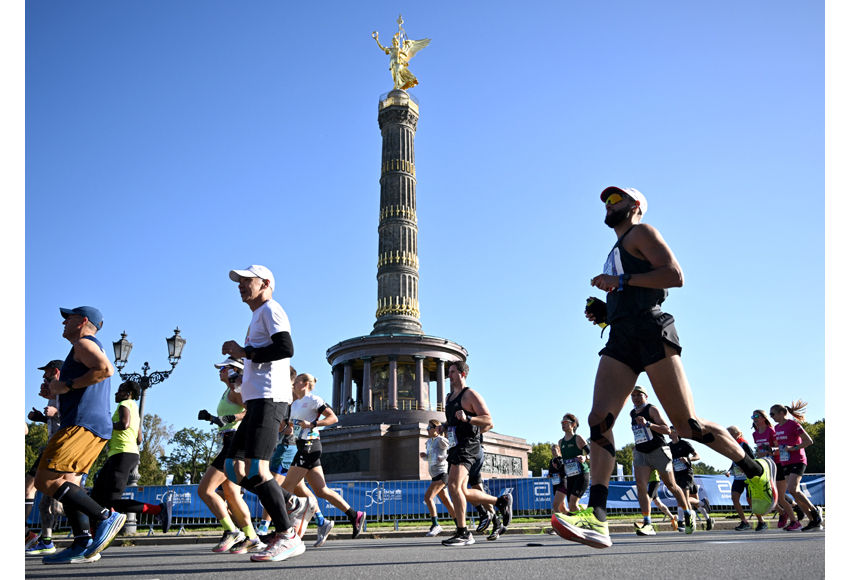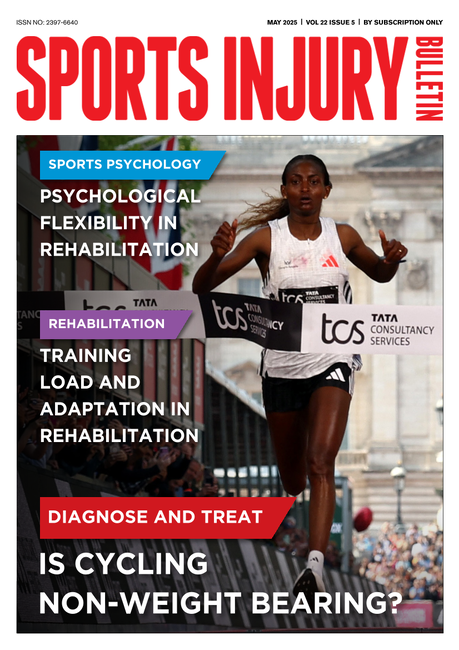The first ginseng 'study' took place in China in the year 1 061, when a runner who consumed ginseng competed against another harrier who had gone cold turkey. The ginseng eater won the race, encouraging the belief that ginseng possessed ergogenic properties.
However, other investigations have been unable to link ginseng with improved exercise performance, and brand-new research carried out at the Defense and Civil Institute of Environmental Medicine in Ontario, Canada also gives ginseng the 'thumbs-down' sign. At the Institute, seven males and one female consumed either eight or 16 milligrams of ginseng per kilogram of body weight for seven days and then attempted to ride a bicycle for as long as possible at an intensity of 75% V02max (about 84 per cent of maximal heart rate). On another occasion, the same athletes ingested a placebo for a week before the exercise test.
As it turned out, there were no statistically significant differences between the ginseng group and the placebo athletes during the exercise test. Overall, the placebo riders were able to cycle for about 66 minutes, versus 62 minutes for the ginseng supplementers. Lactate levels, oxygen consumption, ventilation, and perceived exertion were very similar in the groups.
It's possible that longer-term (or higher-dosage) supplementation with ginseng might be more effective, or that ginseng might aid performance during a short, high-intensity exertion. However, the Ontario study suggests that a one-week intake of ginseng has little effect on performance during a one-hour effort at about 75% V02max (which is roughly marathon intensity for many runners).
Although ginseng's possible role as an ergogenic aid is currently on shaky ground, research has suggested that ginseng might be helpful in the medical arena. In various investigations, ginseng has improved blood flow within the brain, blocked excessive blood clotting, enhanced alcohol clearance from the blood, decreased blood pressure, inhibited gastric ulceration, lowered fatigue, and promoted more restful sleep. However, side effects have been reported, too, including diarrhoea, skin rashes, nervousness, hypertension, and sleeplessness.
Ginseng, which is actually the root of a plant called Panax ginseng, contains chemicals called saponins which may have effects akin to those produced by various human hormones. Therefore, it IS possible that ginseng is physiologically active. One trouble, though, is that there are various kinds of ginseng. 'White ginseng' is produced from peeled, dried roots, while 'red ginseng' comes from steamed roots which are not peeled. As a result, it can be hard to know how much active ingredient you are getting when you try different formulations of ginseng. Hopefully, future research will clear up the exercise-ginseng picture and - if there is a positive performance effect - suggest exactly how much plant root you might have to swallow.










